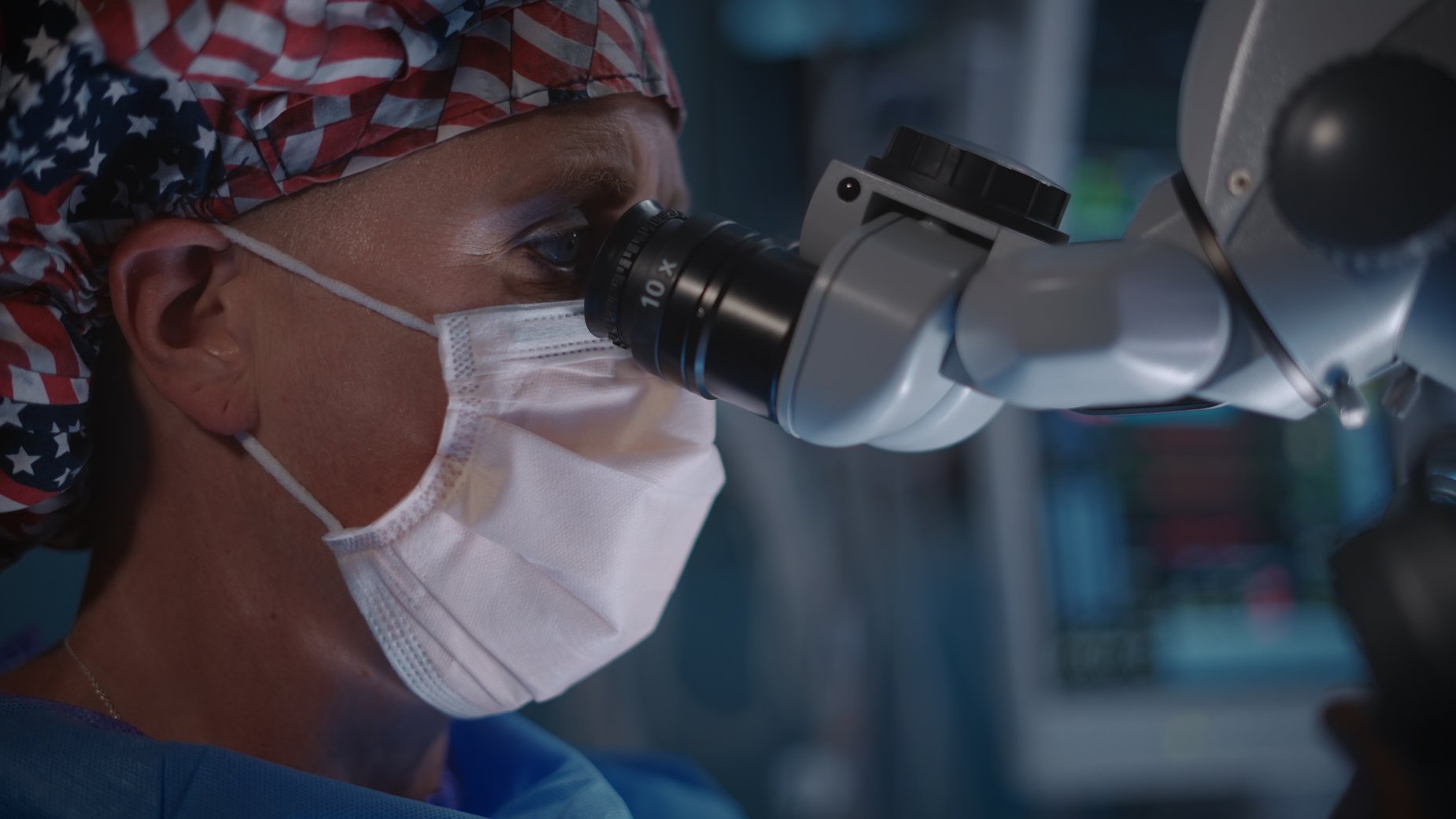Ear, Nose, and Throat (ENT) specialists, also known as otolaryngologists, are medical professionals trained to diagnose and treat a wide range of conditions related to these three interconnected areas. If you’re experiencing issues like persistent sore throats, ear infections, sinus problems, or hearing difficulties, a visit to an ENT clinic could provide the answers and relief you need.
When preparing for your appointment at an ent clinic in singapore, it helps to know what to expect during the consultation and treatment process. Whether it’s your first time visiting an ENT or you’re seeking a second opinion, understanding the clinic experience can make your visit smoother and more effective.
Initial Assessment and Medical History
Your ENT visit typically begins with a comprehensive discussion of your symptoms and medical history. The doctor will ask questions about the duration, frequency, and severity of your condition. For example, if you’re experiencing chronic sinus infections, they may inquire about previous treatments, allergy history, or environmental triggers.
Patients should be prepared to share details about any past surgeries, medications, or underlying health conditions that may impact ENT-related concerns. This information helps the specialist form an accurate diagnosis and recommend an appropriate course of action.
Physical Examination
Following the initial discussion, the ENT doctor will conduct a physical examination, focusing on the ears, nose, throat, neck, and possibly the head. Specialized tools are used to provide a detailed look at internal structures:
- Otoscope: to examine the ear canal and eardrum.
- Nasal speculum: to inspect the nasal passages.
- Laryngoscope: to visualize the throat and vocal cords.
- Tuning forks: to test hearing and inner ear function.
Depending on your symptoms, additional assessments such as checking for swollen lymph nodes, evaluating nasal airflow, or inspecting tonsils and adenoids may be performed.
Diagnostic Tests and Imaging
In some cases, the ENT may order diagnostic tests to get a clearer picture of your condition. These tests could include:
- Hearing tests (audiometry)
- Allergy tests
- Nasal endoscopy (inserting a small camera to view nasal passages and sinuses)
- Imaging scans, such as X-rays, CT scans, or MRIs
These diagnostic tools are essential for identifying underlying issues that may not be visible during a routine physical exam, such as inner ear infections, sinus blockages, or tumors.
Discussion of Diagnosis
Once your examination and test results are complete, the ENT specialist will explain the diagnosis in detail. They’ll outline what condition you have, what may be causing it, and how it could progress if left untreated. This is also your opportunity to ask questions and express any concerns you may have about your health or treatment options.
The doctor may also discuss lifestyle factors or environmental triggers that could be contributing to your condition, such as exposure to allergens, air pollution, or frequent use of headphones.
Treatment Options
Treatment at an ENT clinic can vary depending on the diagnosis and severity of your condition. Common treatment approaches include:
- Medications: antibiotics, antihistamines, nasal sprays, or ear drops.
- Therapies: allergy management, voice therapy, or hearing rehabilitation.
- Minimally invasive procedures: such as earwax removal or nasal cauterization.
- Surgical interventions: including tonsillectomies, sinus surgery, or hearing implant procedures, if necessary.
The ENT specialist will guide you through each option, explaining the benefits, potential side effects, and expected outcomes. A personalized treatment plan will be tailored to your specific needs and preferences.
Follow-Up and Recovery
Follow-up visits are often necessary to monitor your progress, especially for chronic conditions or after surgery. During these visits, the ENT will assess your recovery and make any necessary adjustments to your treatment plan. Recovery times vary depending on the procedure and individual health factors, but most clinics provide clear instructions to help patients heal effectively at home.
For long-term management, especially in cases of allergies or hearing loss, you may be referred to other healthcare professionals or recommended for continued care through lifestyle changes and regular check-ups.
Conclusion
Visiting an ENT clinic in Singapore offers patients a structured, thorough, and patient-focused experience. From your initial consultation to diagnosis and treatment, each step is designed to provide clarity, relief, and long-term solutions for your ENT health concerns. Knowing what to expect can help reduce anxiety and ensure you make the most of your visit. With experienced specialists and advanced diagnostic tools, ENT clinics are equipped to manage a wide range of conditions, ensuring you receive the highest standard of care.



